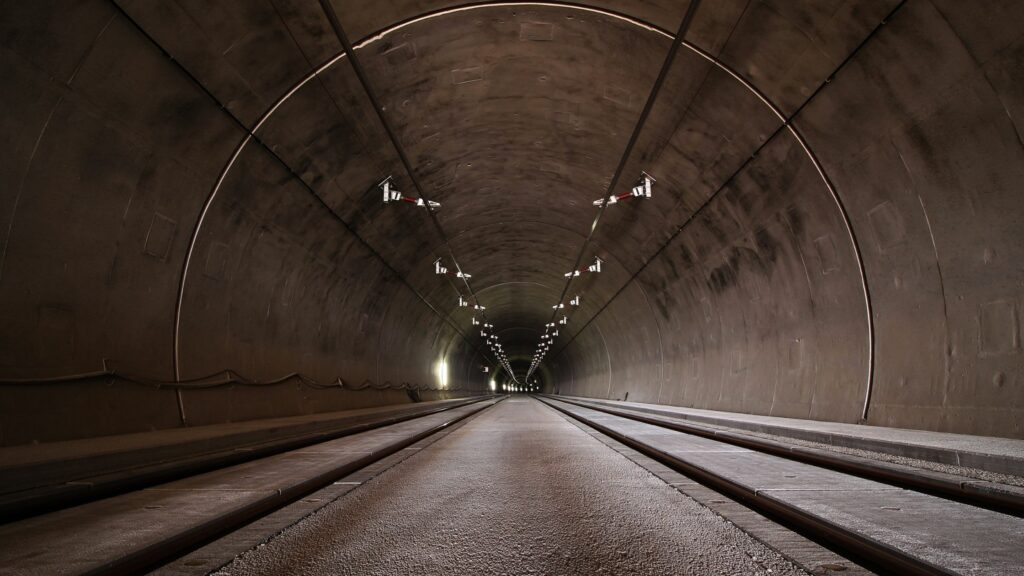Yahoo Finance’s article entitled “How Long Does Probate Take?” gives us an overview of the main things you need to understand about the probate process, so you can prepare.
During probate, a judge determines the way in which to distribute assets to heirs. The court will also authenticate the will (if there is one) and appoint an executor of estate to supervise the probate process. Probate procedures depend to a large part on the state the decedent lived in and the type of estate he or she had.
After authenticating the decedent’s will and appointing an executor, the executor locates and assesses all the property owned by the deceased. If there are any debts, the executor uses estate assets to pay these. The remaining estate is then distributed to the heirs.
The probate process takes time to make certain that everything is done according to the law. As a result, it can take from a few months up to over a year. There’s a long list of variables that can contribute to the duration. A few of the common factors are discussed below.
Estate Size. An estate’s size contributes significantly to the time in probate. Most states use the total value of the estate to determine its size. This depends on state laws and the type of assets included in the estate. Many states now have a small estate probate process, and some waive it altogether for low-value properties. The state may have a small estate limit of a certain dollar amount. The executor or beneficiaries can complete a Small Estate Claim Form or an Affidavit for Transfer of Personal Property to avoid probate for estates below that value.
Multiple beneficiaries. If an estate has a number of heirs, it may gum up the works. Multiple beneficiaries can slow down the probate proceedings because disputes can drag out an otherwise smooth legal process. Disagreements among family members or other heirs can result in delays or even a total halt.
No Will. If a person dies without a will, it means that there’s no guidance from the decedent. As a result, the court and executor have to work through the estate and distribution from scratch.
Debts. Taxes and debts are major factors in the time needed to close an estate. Creditors must be paid before the beneficiaries can receive anything. When a person dies, his or her creditors must receive formal notice. They have a deadline to make a claim for money the estate owed. The longer the claims period, the longer the delay in the probate process.
Taxes. Taxes on an estate also can take a while to process. The estate must receive a closing letter from the IRS and the state taxing authority to close out the probate process. This can take up to six months.
To learn more about estate planning in the East Valley, Gilbert, Mesa and Queen Creek, schedule your free consultation with Attorney Jake Carlson by using one of the links above.
Reference: Yahoo Finance (Sep. 27, 2021) “How Long Does Probate Take?”



